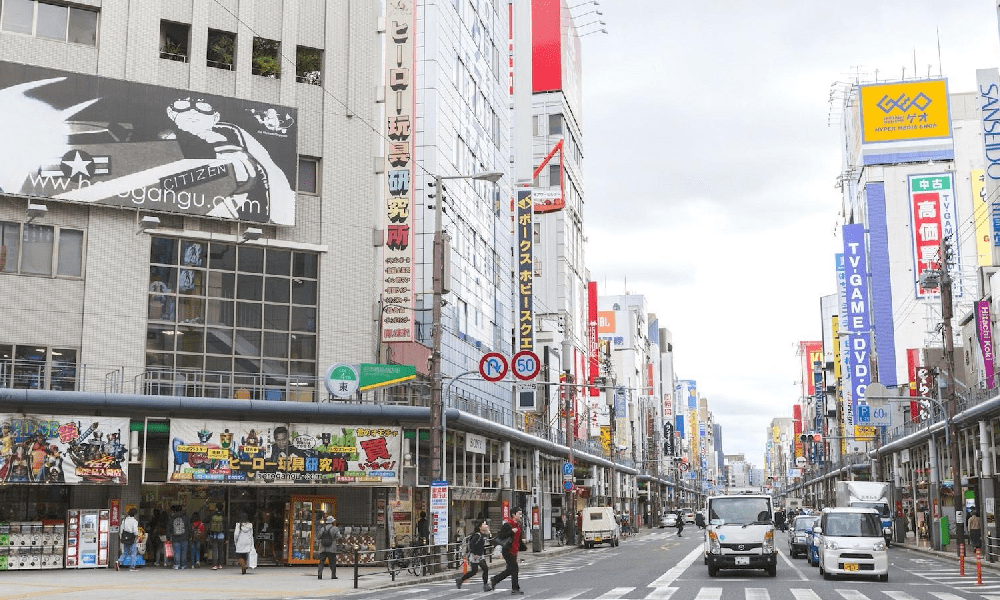MGM's first-mover advantage is crucial in the competition for Japanese integrated resorts
According to Snow Lake Capital, a 20% divestiture in MGM China might give MGM Resorts International with the capital it needs to become "the largest winner of the Japanese gaming potential."
It would be in the "best interest to introduce a prominent Chinese consumer internet or travel and leisure company" as a strategic stakeholder, according to the investment management company, which holds a 7.5% holding in MGM.
According to Snow Lake, there is a sizable long-term market potential for the gaming industry in Japan. He also points to the Venetian in Macau and Marina Bay Sands in Singapore as examples, saying that "the first integrated resort to open in a large, untapped market enjoys significant first-mover advantages in terms of occupying consumer mind share and establishing brand power."
In order to submit a proposal for the Osaka project, MGM formed a consortium with Orix Corporation in March 2019. MGM has long been an admirer of gaming advancements in the nation. become the sole acceptable bidder in February 2020 after that.
According to estimates, the IR's entire planned cost would be close to US$12 billion, and both stock and debt will be used to pay for it. A group of local businesses will absorb the remaining 20% of the shares, leaving Orix and MGM with 40% apiece.
Moreover, it is said that three sizable Japanese banks have also approved project finance, with MGM's 40% involvement cited as a crucial prerequisite.
The project will include 1.3 million square meters of gross floor space overall, 4 hotel towers with 3600 rooms, and a 3% gaming area. Its projected opening date, after a 5-year building phase, is 2027 to 2028.
According to the above-mentioned calculations, the corporation would have to invest $2.4 billion, with Snow Lake estimating that a 20% stake in MGM China would bring in $1.3 billion at the stock's present price.
As Las Vegas Sands and Wynn Resorts withdrew, Snow Lake claims that "the Japanese government has historically favored the major American operators," giving MGM an advantage.
The investment company also asserts that MGM's dedication to the project is the critical factor that might decide the overall success of the development and asserts that the involvement of the group may be essential "to the success of the expansion of the whole Japanese gaming sector."
Snow Lake said in a lengthy letter pushing MGM to think about selling a share in its majority-owned subsidiary that: "MGM Resorts' bargaining position will likely also be greatly boosted, if it were to continue committed to Japan despite the detrimental impact the virus had on its domestic business.
It will probably earn a ton of goodwill from both its Japanese partners and central/local governments. It's feasible that it will even gain an advantage in the creation of industry-wide policies.













